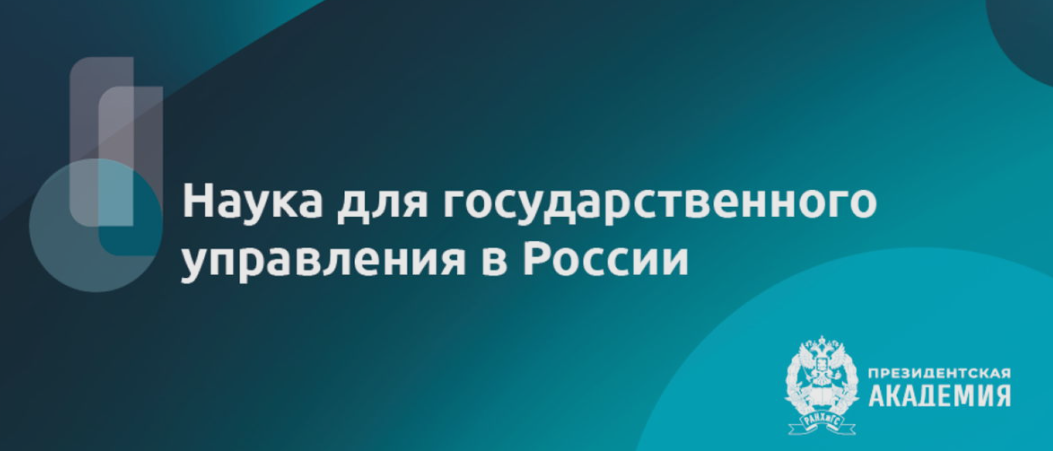The concept of assessing the scientific and technical competencies of project teams, scientific organizations and universities using readiness levels
https://doi.org/10.22394/2410-132X-2020-6-1-2-11-21
Abstract
The achieved and documented innovative readiness levels of PING/TPRL in implemented or current scientific/innovative projects are proposed to use for the digital assessment of the scientific and technical competencies of the researchers/project teams/organizations with respect to innovative project implementation, along with the traditional scientific indicators of the FSMNO.
A significant amount of information on scientific and technical competencies in Russian corporations and companies assumes the use of appropriate digital platforms based on artificial intelligence technology for searching and verifying information.
About the Authors
E. A. IlyinaRussian Federation
Warsaw Sh., 46, Moscow, 115230
Yu. V. Motkina
Russian Federation
Bolshaya Ordynka Str., 24, Moscow, 119017
P. V. Sushkov
Russian Federation
Staromonetnyj lane, 26, Moscow, 119180
References
1. Meeting of the Council on Science and Education dated 27.11.2018 (2018) Transcript. The official website of the President of Russia. http://kremlin.ru/events/president/news/59203.
2. Putin V. V. (2018) The most important competitive advantages are knowledge, technology, competencies. This is the key to a real breakthrough, to improving the quality of life // Higher education today. № 3. P. 2–5.
3. Kashirin A. I., Baranov E. A., Kashirin P. A. (2019) Diversification and unique technological competencies // Innovations. № 1 (243).
4. The basis for the growth of Sberbank business can be centers of competence (2014) / Sberbank. https://sberfan.ru/blog/centry_kompetencii_sber-banka/2014-09-08-65.
5. Sberbank Corporate University. Academy of Technology and Data (2019) Sberbank. http://sber-bankatd.online.
6. Rudskoy A. I., Borovkov A. I., Romanov P. I., Kolosova O. V. (2018) General professional competencies of a modern Russian engineer // Higher Education in Russia. № 2. P. 5–18.
7. Komarov A. V., Sleptsova M. A., Chechetkin E. V., Shurtakov K. V., Tretyakova M. V. (2017) Performance evaluation of the scientific-technical project’s executive team // The Economics of Science. Vol. 3. № 4. P. 250–261.
8. A database containing information on the performance of scientific organizations performing research, development and technological works (2019) / Federal system for monitoring the performance of scientific organizations performing research, development and technological works. https://www.sciencemon.ru.
9. Sartori A. V., Ilyina N. A., Mantsevich N. M. (2019) The concept of assessing the potential for the commercialization of R&D results in scientific organizations and universities // Higher Education Today. № 6. P. 11–25.
10. Graettinger C. P, Caroline P. et al. (2002) Using the Technology Readiness Levels Scale to Support Technology Management in the DOD’s ATD/STO Environments // A Findings and Recommendations Report Conducted for Army CECOM. http://resources.sei.cmu.edu/library/asset-view.cfmassetID=5835.
11. Technology Readiness Assessment (TRA) Guidance (2011) / United States Department of Defense. http://www.acq.osd.mil/chieftechnologist/publications/docs/TRA2011.pdf.
12. Technology Readiness Levels (2015) / Public Works and Government Services Canada. https://buyand-sell.gc.ca/initiatives-and-programs/canadian-innovation-commercialization-program-cicp/program-specifics/technology-readiness-level.
13. Petrov A. N., Sartori A. V., Filimonov A. V. (2016) Comprehensive assessment of the status scientific and technical projects using Technology Project Readiness Level // The Economics of Science. Vol. 2. № 4. P. 244–260.
14. Sartori A. V., Sushkov P. V., Mantsevich N. M. (2018) Lean R&D School: the practice of training researchers at universities using an endowment fund // Higher Education Today. № 7. P. 2–9.
15. Sartori A. V., Gareev A. R., Ilyina N. A., Mantsevich N. M. (2020) Application of the approach of readiness levels for various subject areas in lean R&D // The Economics of Science. Vol. 6. № 1–2. С. 118–134.
16. Sartori A. V., Sushkov P. V., Mantsevich N. M. (2020) The principles of lean research and development management based on the methodology of the innovation project readiness levels // The Economics of Science. Vol. 6. № 1–2. С. 22–34.
17. Digitalization is a fundamental trend (2018) / Gazprom Neft. https://www.gazprom-neft.ru/press-center/sibneft-online/archive/2018-may/1589542.
18. Kerravala Z. (2016) 10 main principles of building a network for digitalization / ZK Research. Kerravala Consulting. 10 p.
Review
For citations:
Ilyina E.A., Motkina Yu.V., Sushkov P.V. The concept of assessing the scientific and technical competencies of project teams, scientific organizations and universities using readiness levels. Economics of Science. 2020;6(1-2):11-21. (In Russ.) https://doi.org/10.22394/2410-132X-2020-6-1-2-11-21


































